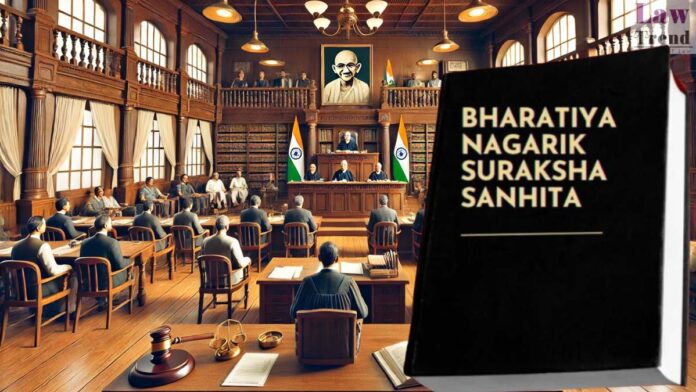In a pivotal ruling that affects numerous ongoing legal proceedings, the Goa bench of the Bombay High Court has clarified the applicability of legal codes on cases registered prior to the new legislative amendments. The court confirmed that cases lodged before July 1, 2024, will continue to be governed by the provisions of the previously existing Criminal Procedure Code (CrPC), even though it was repealed and replaced by the Bharatiya Nagarik Suraksha Sanhita (BNSS) starting July.
This decision surfaced during the hearing of two significant petitions by Chowgule and Company Private Ltd, which is also embroiled in legal challenges initiated by the Enforcement Directorate. The proceedings have cast a spotlight on the company’s former executives, including its chartered accountant Pradip Mahatme and former chairman Vijay Chowgule, accused of defrauding the company of over Rs 1,000 crore. These allegations led to an FIR filed on June 14, 2024, by the Economic Offences Cell in Goa.
The bench, presided over by Justice Bharat Deshpande, tackled the complex question of how the new BNSS, which overhauls many procedural aspects of Indian criminal law, should be applied, especially regarding ongoing investigations and fresh bail applications. The court’s ruling indicates that while investigations of cases registered before July 1 should proceed under the old CrPC guidelines, any bail applications submitted after this date must adhere to the stipulations of the BNSS.
The issue reached the bench after an accused in the Chowgule case filed for bail on July 6, raising questions about the procedural laws applicable to his request. The court elaborated that the BNSS, primarily governing inquiries, investigations, bails, trials, and appeals, must be applied in considerations of bail from July onwards, specifically under Section 482 of BNSS.
Also Read
Justice Deshpande also addressed the scope of the court’s power in granting interim bail, emphasizing that such decisions require specific conditions and cannot be indiscriminately applied, ensuring a judicious approach to both ongoing and new legal proceedings under the evolving legal framework.




